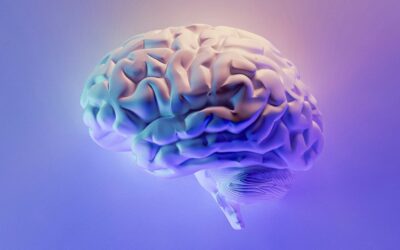Exams are important. There’s no doubt about that. They serve many functions: a way for professors to gauge students’ progress; a method to ensure that students really work at committing important information to memory; as a source of encouragement, fortification and validation of students’ hard work; a measure of teaching method effectiveness; and, of course, as a way to rank students. However, as with almost every arena of life, a great strength is also a great weakness.

A relief to carry a physical burden instead of a mental one.
Sometimes tests can distract, or even deter, a student from approaching material with a goal of practical acquisition and application of knowledge. Study becomes a means to pass, or score well, on a test. Learning becomes a secondary goal, or even an unintended byproduct, of study. Most well-written tests are formulated in a way that avoids semantics and superfluous tidbits of trivial knowledge, and truly test understanding. In this way test-writing becomes a very important art form.
We should all strive to score as well as we can on the tests we are given. There will be times, though, especially in the upper echelons of education, when the pieces of information that you deem important to becoming an effective physician/diagnostician are mysteriously absent from the exam. It can be a crushing blow and challenge your sense of self-worth. This should not be the case.
Take solace in the fact that you KNEW the material, just perhaps not the details and semantics that were tested on. Learning the big, clinical picture is the primary goal of school, test-taking the secondary. Don’t let a sub-optimal test grade challenge your self-worth and learning. Instead, take it in stride while you refocus and revamp your study strategy for the class in question. Perhaps try to think about the fine distinctions your professor finds important in the material. Stay positive and you will succeed in any program of study.




0 Comments